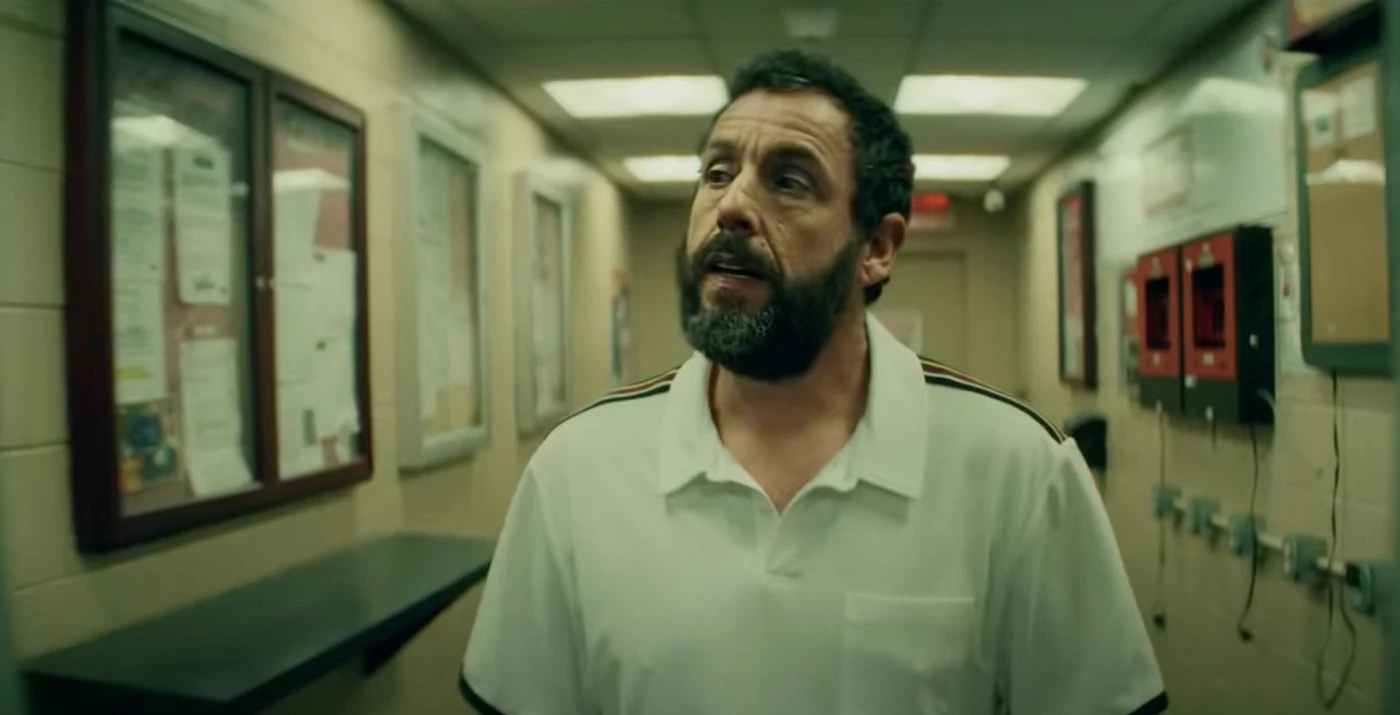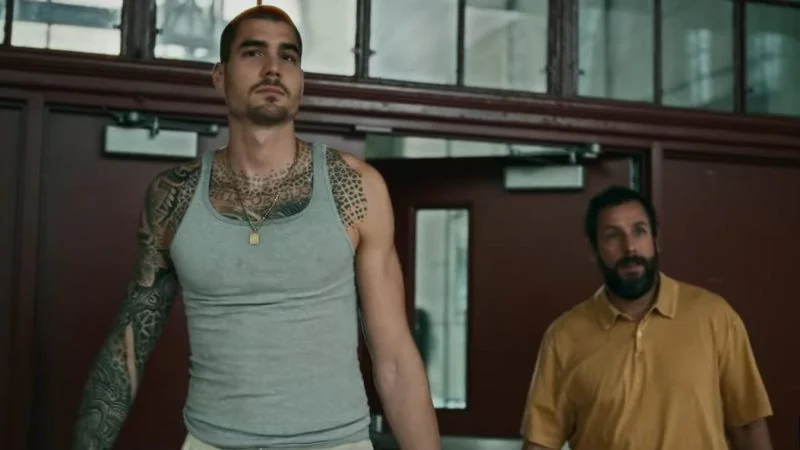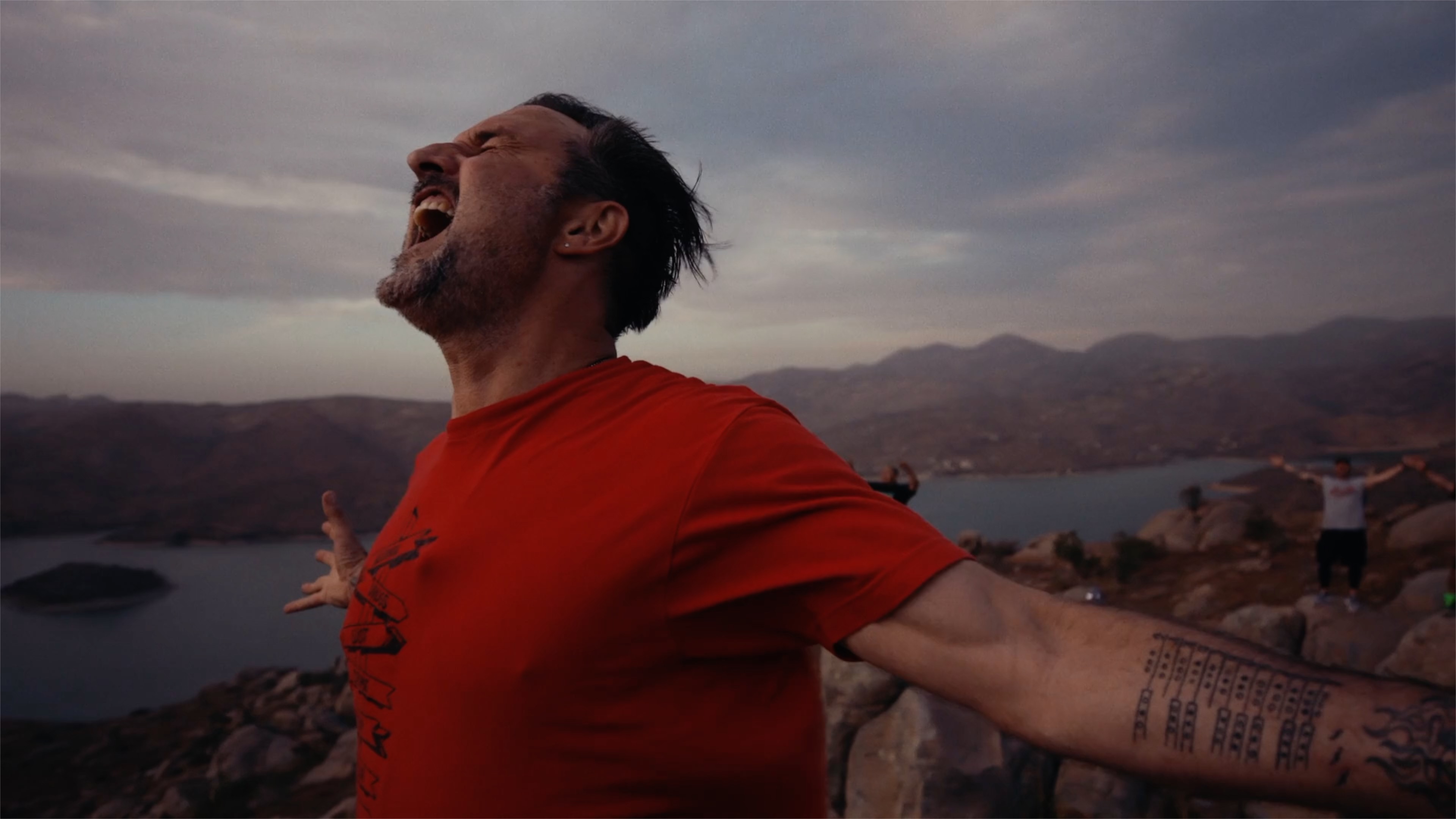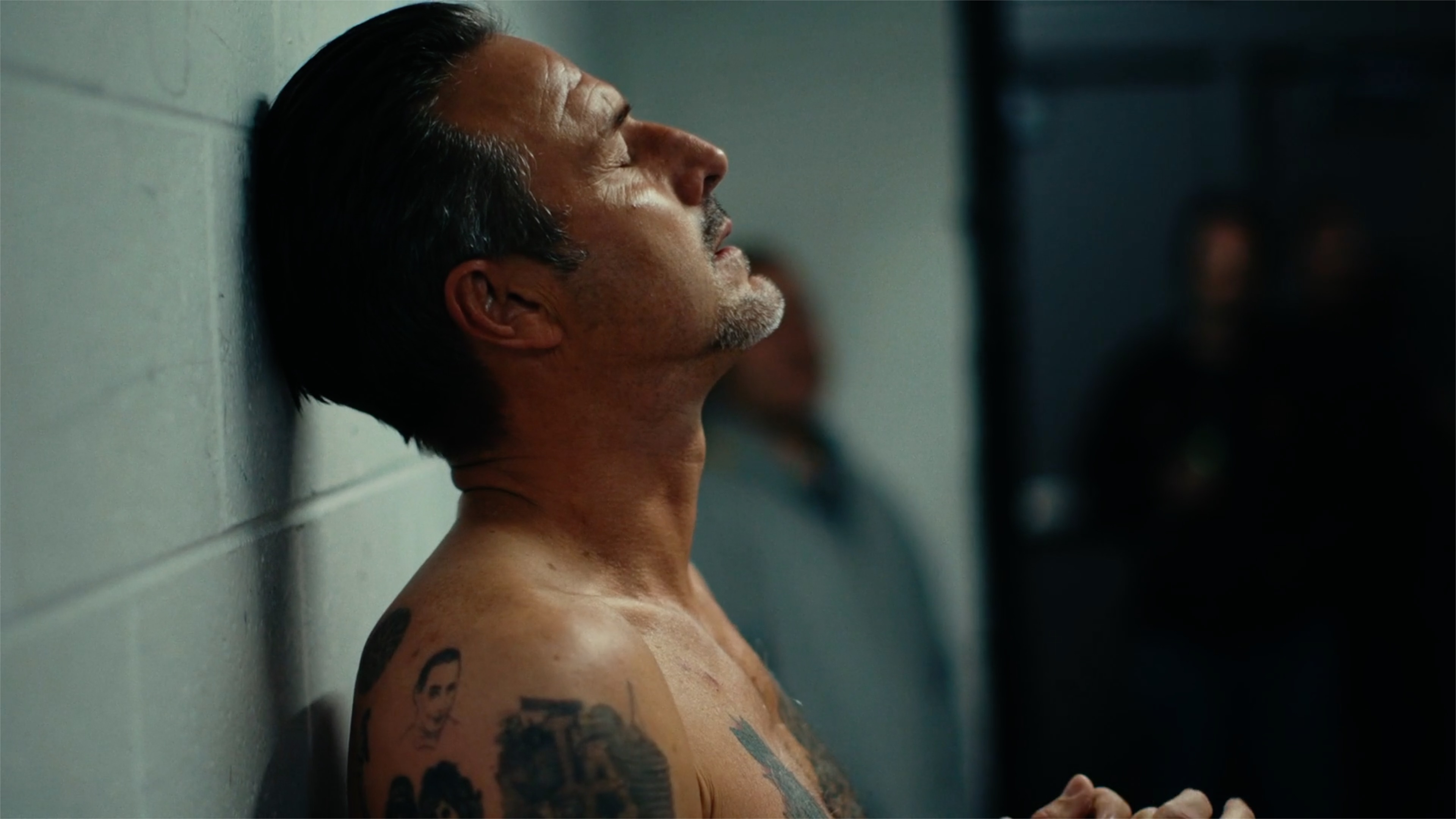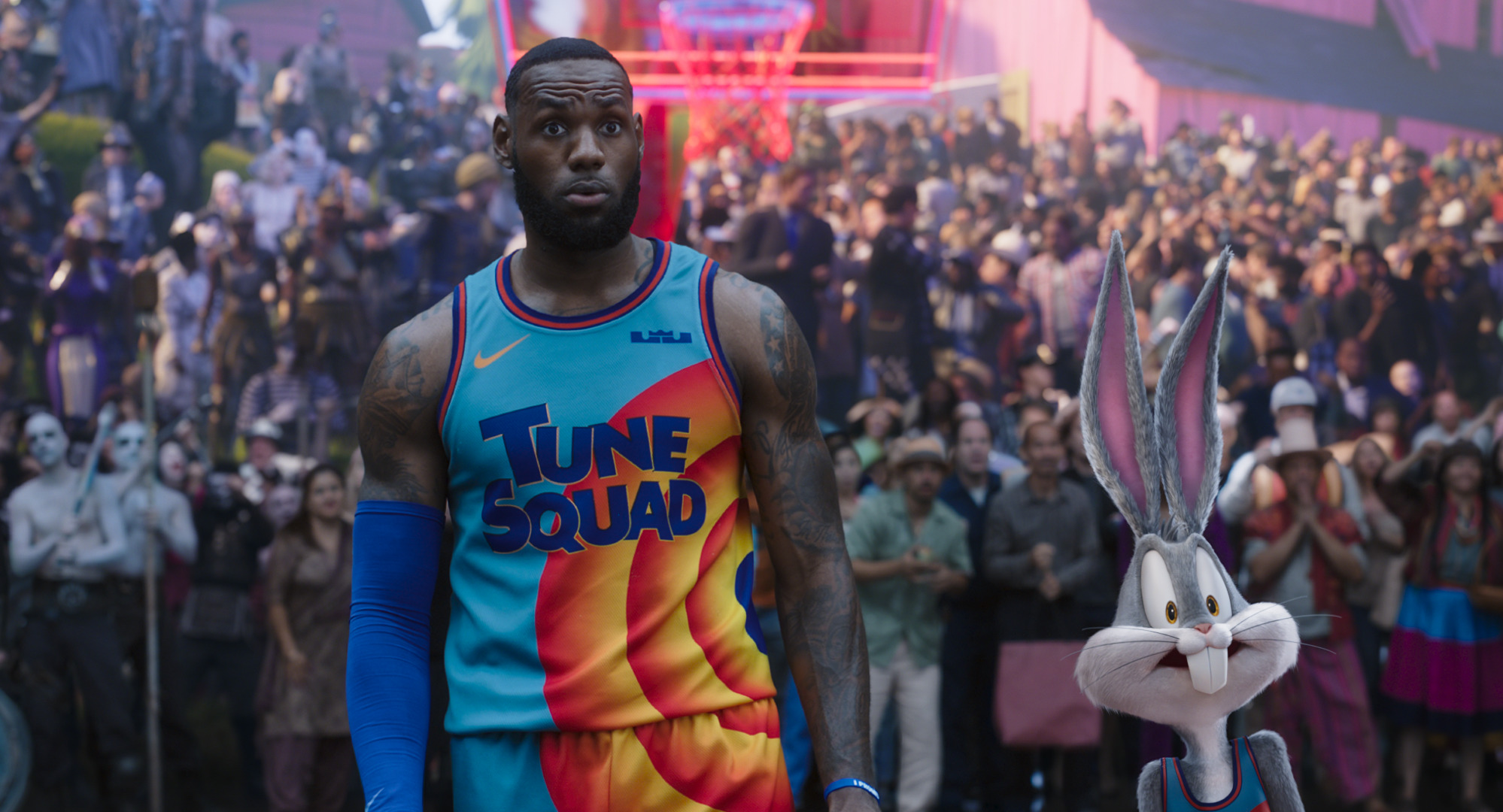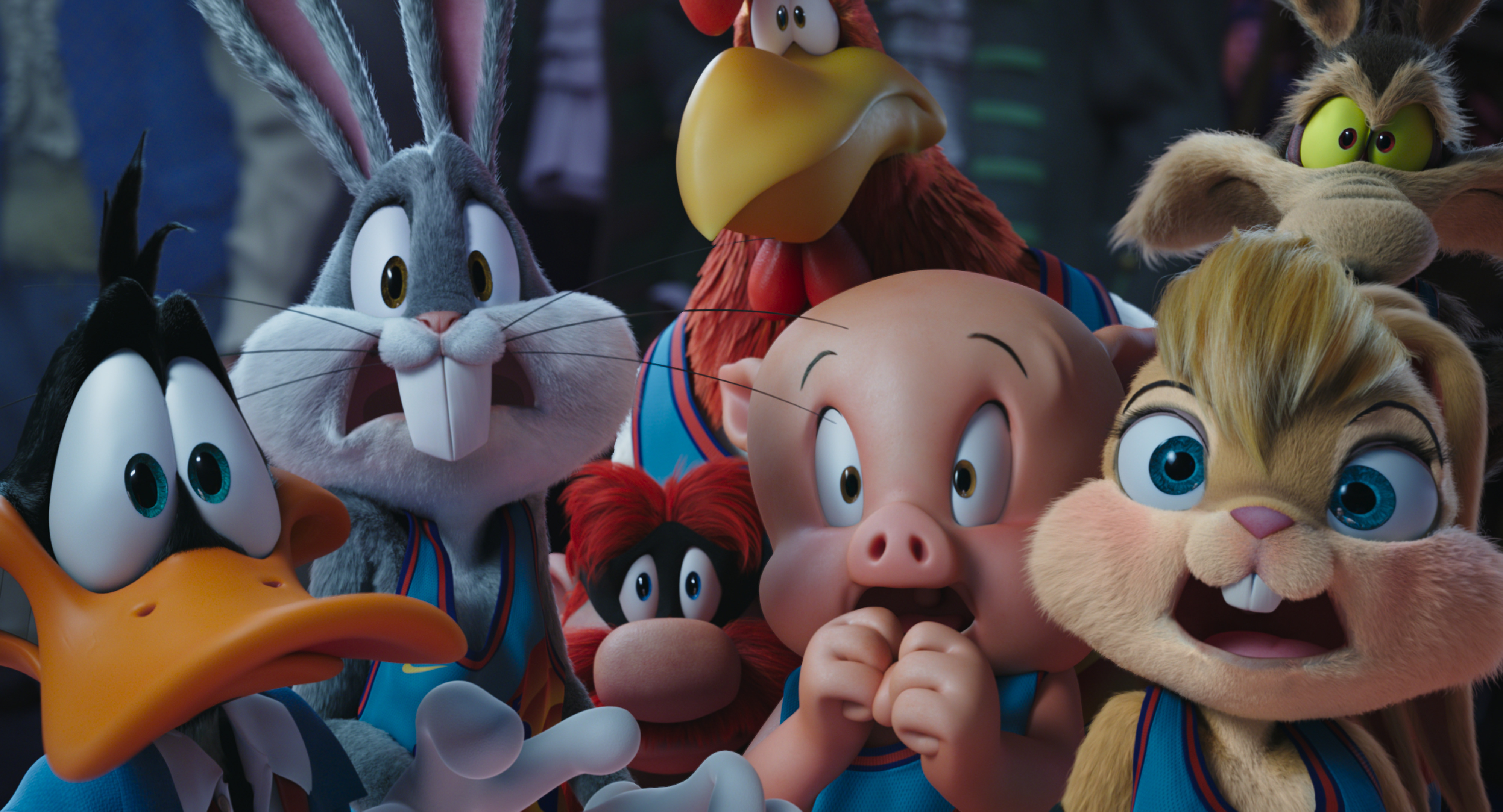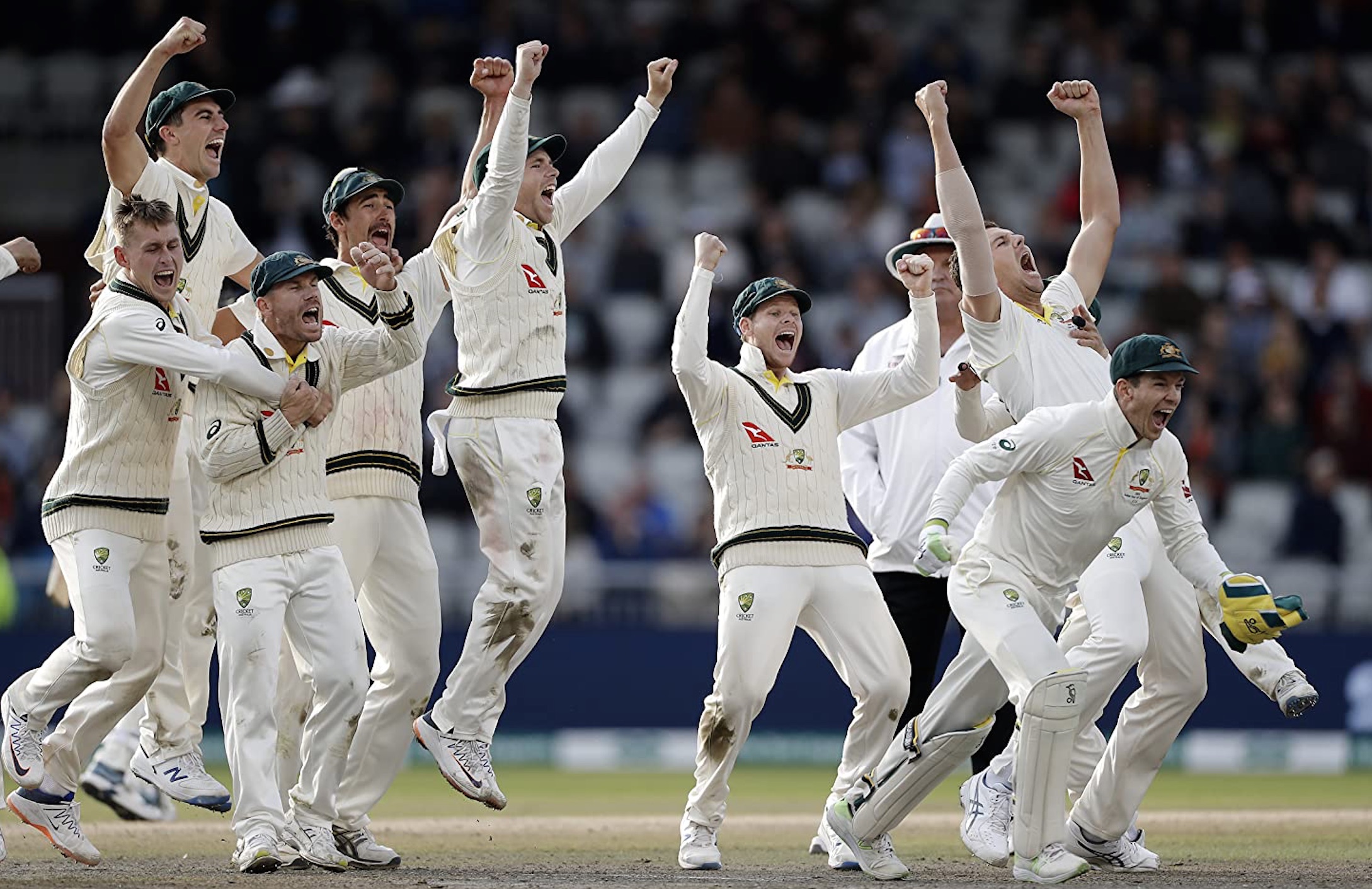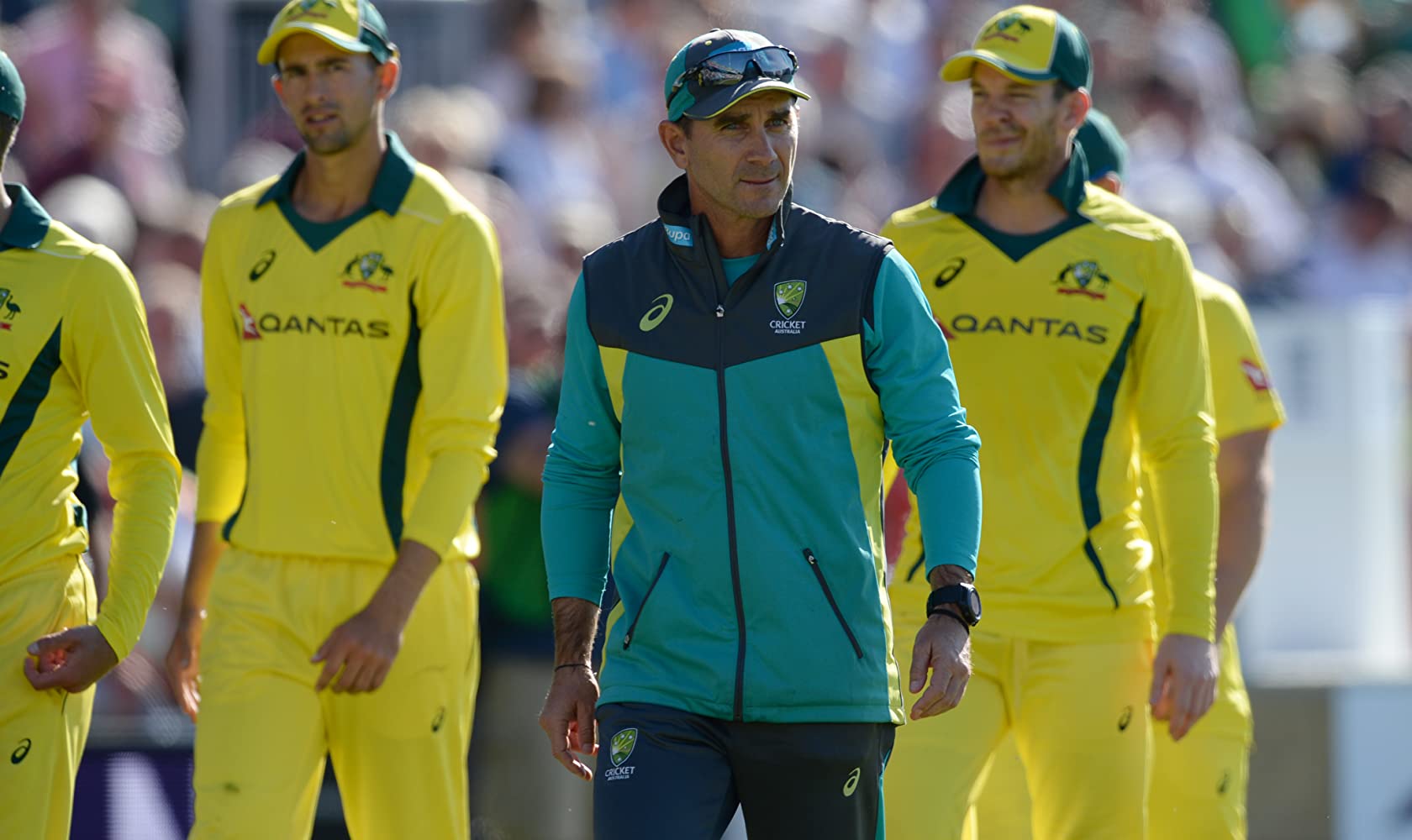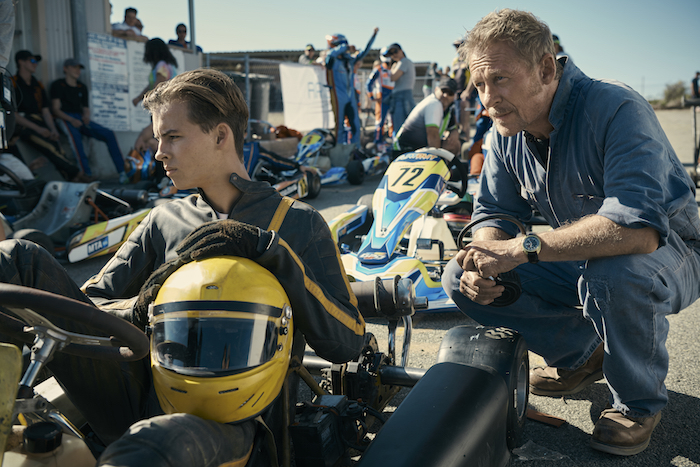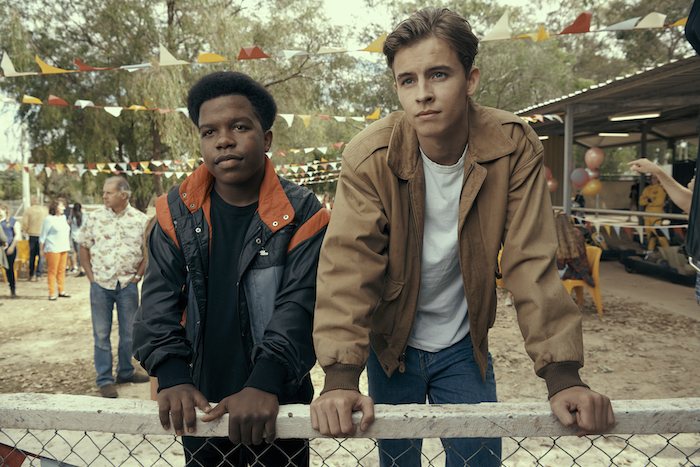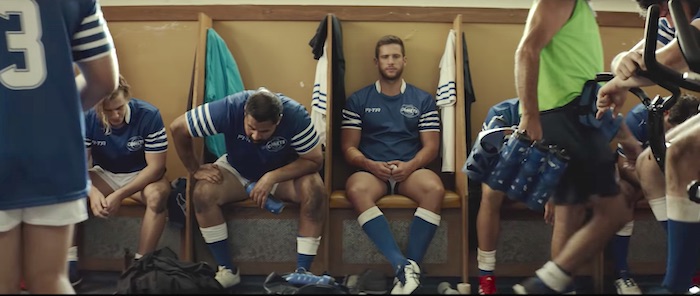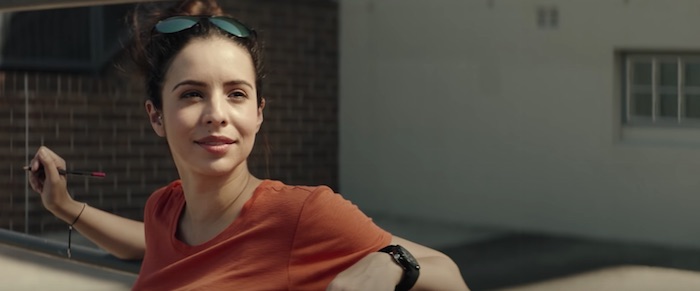THE PHANTOM OF THE OPEN
 Friday, July 15, 2022 at 4:17PM
Friday, July 15, 2022 at 4:17PM
Stars: Mark Rylance, Sally Hawkins, Rhys Ifans, Christian Lees, Jonah Lees and Jake Davies
Writer: Simon Farnaby
Director: Craig Roberts
Rating: ★ ½
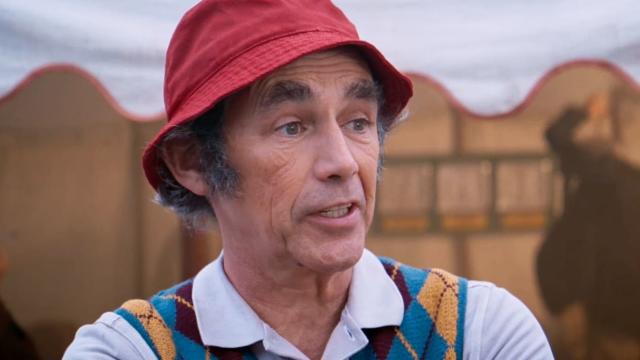
The Phantom of the Open is based upon the true story of Maurice Flitcroft, a factory worker who offset the anxiety of his impending retrenchment by acting on a whim - he liked the look of golf on the tele, so he filled out the entry form and somehow managed to gain a spot in The 1976 British Open Golf Qualifying Round. Of course, having never played the game, he shot the worst round in Open history, yet became a folk hero in the process.
These ‘sports underdogs’ stories have a long and rich film history, the best of their kind being pics like the 1979 cycling drama Breaking Away or the 1993 bobsled comedy Cool Runnings, but Phantom of The Open isn’t really like those films. Sure, it’s got sport in it - the cinematically-challenging spectacle of golf - but those films identified with and seemed to actually like their heroes. But Phantom of The Open feels like a piss-take, a shot at both this dippy, working-class dolt and the establishment he snuck one pass to become a national laughing stock.
No, Phantom of The Open is more like another film I hate, the 1997 Australian film The Castle. Both base their “comedy” upon the premise that you have to be a bit dim to stick to your working class morals in the face of modern society, and it's a bloody hilarious miracle if by doing so, you get the outcome you’re hoping for. The Castle turned working class Australians into idiots and then conned us into laughing along at them, and Phantom of The Open tries to pull off the same schtick.
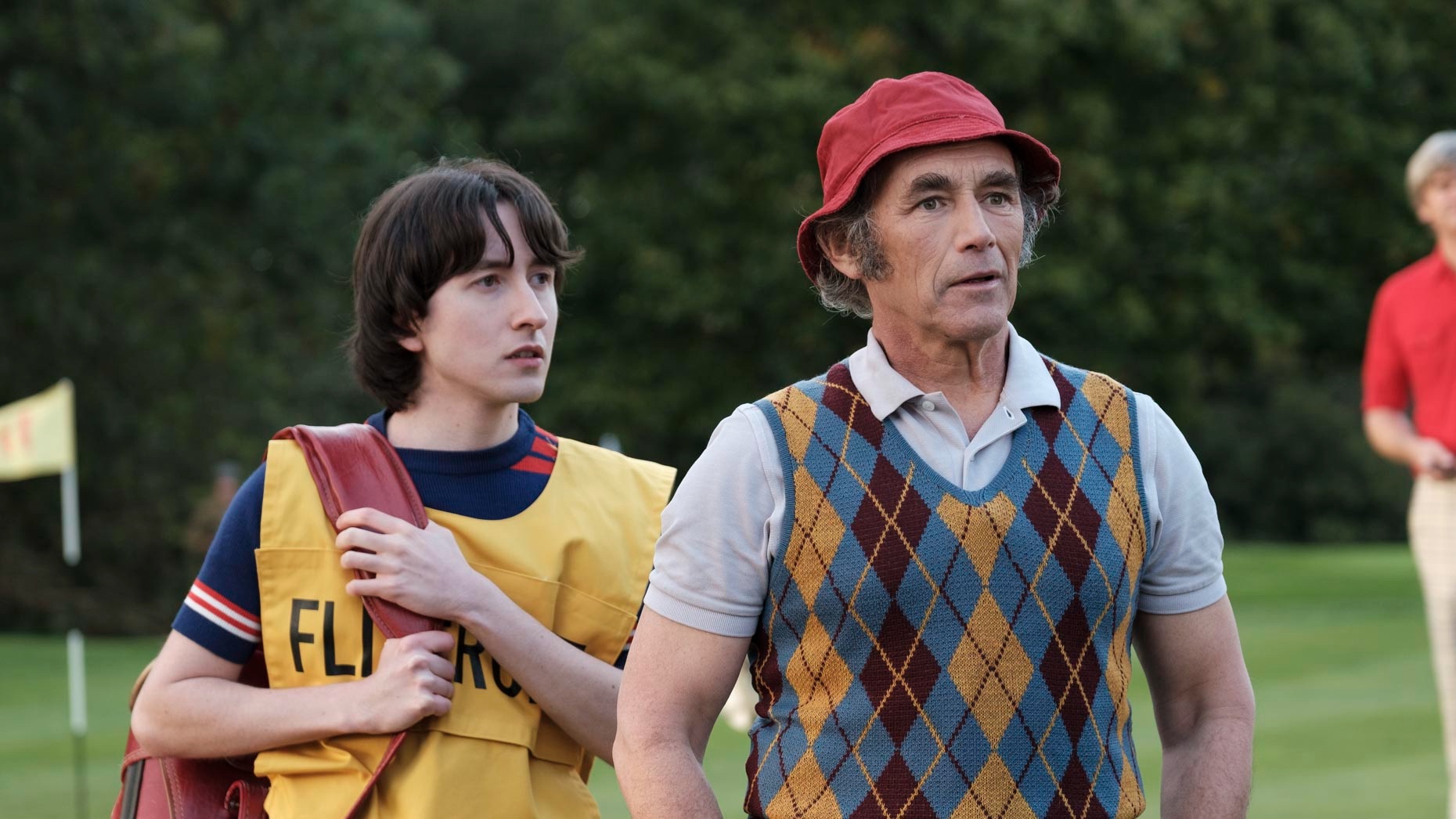
It is also no surprise that Phantom of The Open is written by one Simon Farnaby, whose script for Paddington 2 earned him a BAFTA nomination (wtf?). In Mark Rylance’s terribly mannered, vaguely condescending performance as Flitcroft, you have what is essentially a cartoon figure, like Paddington, trying to cope with the real world around him and the real world deciding to laugh along at his buffoonery.
Actor-turned-director Craig Roberts pumps up his Forrest-Gump-on-the-fairways story with period-appropriate add-ons, succumbing to the cinematic feel-good shorthand that disco hits and flared trousers provide. It’s all so shallow and flash-in-the-pan as to suggest there wasn’t that much to Flitcroft’s achievements or, in Rylance’s one-note portrayal, the man himself, in the first place.
